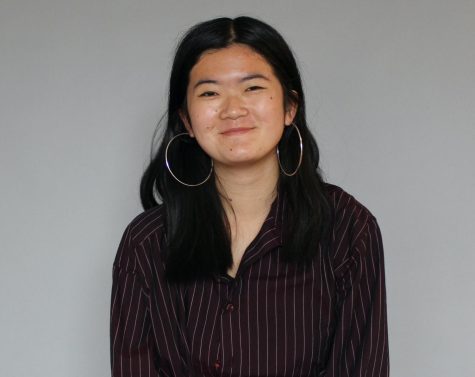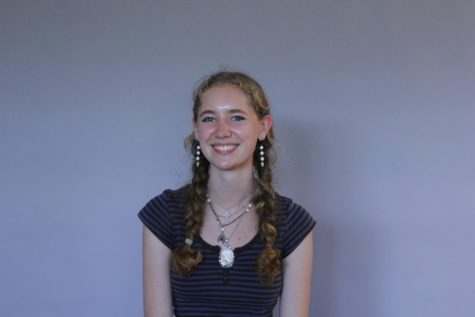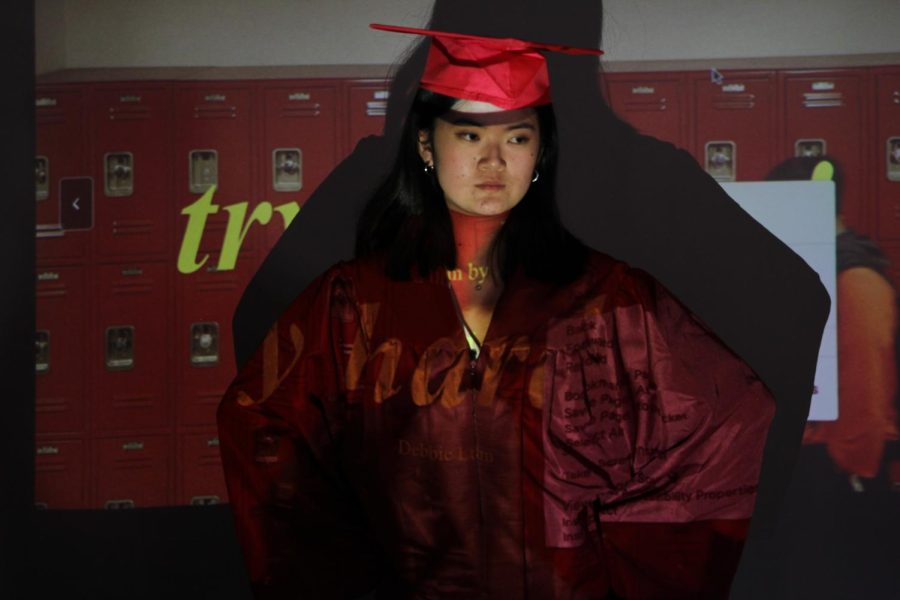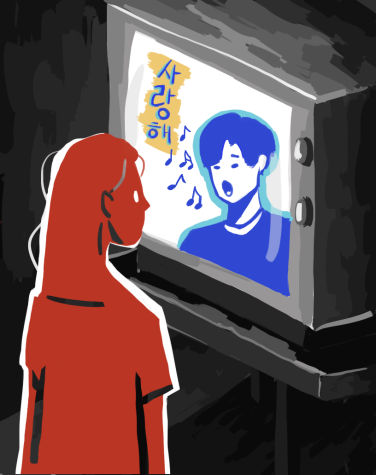What Try Harder! gets wrong about Lowell
In February of my junior year, I watched Try Harder, a documentary chronicling the stress and rigor of the college application process at Lowell. When the end credits rolled, I closed my computer, demoralized. All of these seniors were so stressed; it seemed like they ate, slept, and breathed college applications. Was this what was in store for me? Was my senior year going to be consumed by a constant barrage of college essays, comparison to my peers, and fever dreams of Ivy league acceptances?
Having now submitted all of my college applications, I think Try Harder exaggerates the elitist and high pressure narrative of the college application experience at Lowell. The film attempts to shine an objective light on Lowell students’ attitudes during this process. Instead, its portrayal of Lowell actually perpetuates the culture of glorifying elite colleges by not representing the majority of Lowellites’ experiences.
The first thing that Try Harder misrepresents about Lowell is the students’ fixation on elite schools. The film sourced most of their student profiles from AP Physics C, one of the hardest AP classes that Lowell offers. The five students profiled are highly academically motivated, and apply primarily to the U.S. News Report’s top 20 most prestigious universities in the nation. Sophia Wu applies exclusively to schools from this list, including all eight Ivy League schools. Nearly all of the students covet an acceptance to Stanford University, the number-one ranked college in America in 2016, the year the documentary was filmed. But this isn’t the reality at Lowell for most students. In a January 2022 survey conducted by The Lowell of six randomly selected senior registries, 91.1 percent of seniors surveyed said they applied to 5 or less Top 20 schools.
By only representing the experiences of highly academically ambitious students striving for the Ivy League, the film implies that this is the standard approach to college applications at Lowell. Some Lowellites don’t care about getting into an Ivy League school — 16.2 percent of Lowell seniors surveyed reported not applying to any Top 20 schools at all. I myself only applied to one Ivy League university and two other colleges in the top 20. When talking about college with friends, we weighed other factors that influenced the schools we applied to: location, the energy of the student body, and types of campus organizations. There are so many factors that affect finding a college that suits you, and the majority of Lowellites are well aware of all factors when choosing their school. By sending the message that Lowellites only value prestige when selecting a college, Try Harder glosses over nuances in Lowell culture.
There are some elements of Lowell culture that Try Harder gets right: the competitiveness among students, the comparison of academic quantifiers like GPA and SAT scores, the disillusionment with your own intelligence. These are all real characteristics of Lowell culture, and do affect the process of applying to college for Lowellites, just not to the extent that the film makes it out to be.
Some may say Try Harder never intended to represent all Lowell students’ experiences. According to Lou Nakasako, the film’s co-producer and co-cinematographer, the crew did film students that weren’t aiming for prestigious colleges. “We actually wanted to put kids in that weren’t going for an elite school,” he said. “It’s just that there was no time for it.” Nakasako also acknowledged that one of the misconceptions about Lowell is that all the students here are trying to get into an Ivy League college. Nakasako is right. As such, it’s irresponsible to make that statement about Lowell culture through a profile of almost exclusively those types of Lowellites. Not every Lowell student has the academic experience and priorities of someone enrolled in AP Physics C, and to pretend like they do is to distort reality.
Try Harder does represent some alternatives to this narrative. One of the students profiled, Ian Wang, focuses on the holistic characteristics of a school instead of solely prestige when applying. But his experience is portrayed as an outlier instead of representative of the average Lowell student.
The film actually perpetuates the culture of elitism and stress at Lowell by exaggerating it and failing to acknowledge that it is unhealthy. Prestigious colleges are presented as the only colleges worth striving for and the ultimate indicator of a student’s future success — junior Shea Fairchild says, “I need to go to one of the top 20 colleges because otherwise I’m not gonna be doing anything significant.” Epitomizing Lowell’s culture of overachievement, the senior classes’ valedictorian enjoys a Mean Girls-esque introduction: students rave to the viewer about his 4.7 grade point average and how he takes every AP class. He is idolized by his peers as the “perfect Lowell student” because of his academic achievements. Other Lowellites are depicted losing sleep and cramming edits to essays with little exploration of how those decisions affect their mental health. Even if this is the reality, there needs to be an acknowledgement that this approach to college applications is unhealthy and recognition of solutions or alternative approaches.
The expectations that the film perpetuates can bleed into the experiences of Lowell students. Watching the film as a junior, I found myself dreading the college application process. I expected it to be the most stressful semester of my time in high school. But as fall semester rolled around, I was actually nowhere as stressed as the students were in the film. I had internalized the narrative of the film and I felt like I wasn’t stressed enough. I was convinced that the film was an accurate representation of what my peers were doing. As a result of both the film’s narrative and already present culture of comparison at Lowell, I mimicked the behaviors I had seen on the screen. I caught myself wanting to add prestigious schools to my application list despite not knowing anything about their programs or the types of students that went to them. I justified nights of sleeping at 3 a.m., insisting on producing one more draft of a supplemental essay. The film’s inaccurate narrative isn’t harmless — it had real negative effects on my application experience.
Ultimately, the college application process is what you make of it. Apply to zero or all eight Ivies. Spend four months perfecting your personal statement or write it in one sitting. Prioritize a college that suits your learning style, a college in your favorite city, or a college with a prestigious reputation. Do what feels right for you. Despite the narrow portrayal of Lowell students in Try Harder, know that every Lowellite is applying to college in a different way.


Marlena is a senior at Lowell. When she isn't at school she's probably at the lab, watching a movie, or sitting on the sidewalk listening to music (usually Björk).








